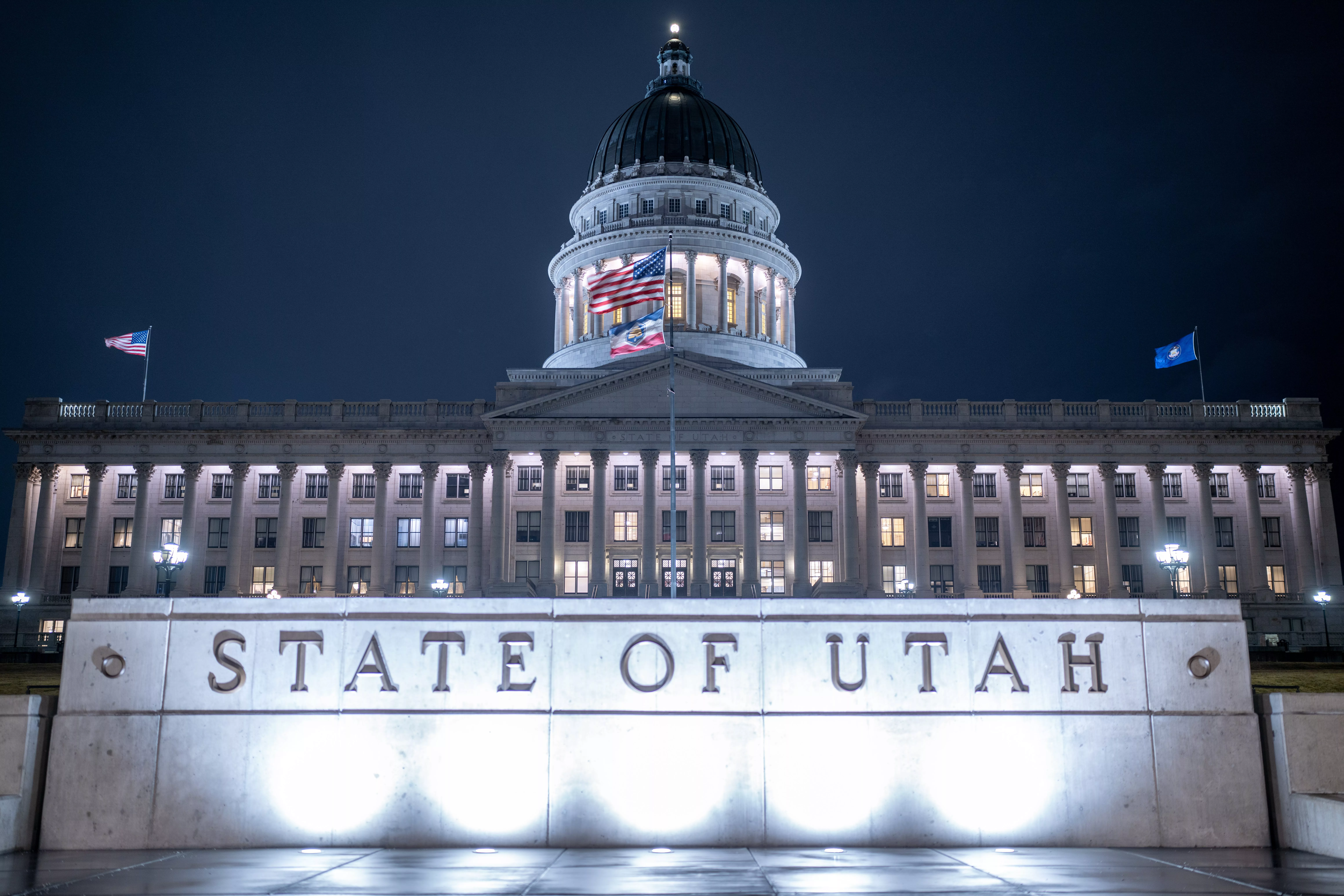
By Aidan Mortensen | KOAL News
Gov. Spencer Cox signed the controversial HB267 on Friday. This bill prohibits government employers from negotiating contracts with unions representing public employees.
“Utah has long been known as a state that can work together to solve difficult issues,” said the governor in a statement following the bill signing,” I’m disappointed that in this case, the process did not ultimately deliver the compromise that at one point was on the table and that some stakeholders had accepted,”
On Saturday, Jordan Tuescher, the bill’s sponsor, stated that majority lawmakers were pleased to see the Governor sign HB267. “This bill upholds democratic principles and expands individual freedoms for Utah’s dedicated public employees.”
Local representatives have spoken against the bill and taken action against it. Rep. Christine Watkins said of the bill,” I will tell you, this bill really and truly is mainly focused at the UEA (Utah Education Association) because of some lawsuits and things that they filed this last year. And so there’s a lot of people up here who do not have any love for UEA. Unfortunately, they’re dragging in all the other unions with them.”
State Sen. David Hinkins has proposed SB168, which would create a labor relations board to address collective bargaining for public employees.
This board would consist of a commissioner, two representatives from public employers and two representatives for public employees. The board would designate “exclusive representatives” or a labor organization representing a group of public employees in collective bargaining.
That bill is currently dead in the water, as it went directly against HB267, but it could be revived in a later session. This topic is unlikely to be revisited in the 2025 session of the State Legislature, as leadership from both the House of Representatives and the state Senate has expressed annoyance at the continued discussion of the bill. House Speaker Mike Schultz expressed his support for the ban, and Senate President Stuart Adams said he was “tired of it.”
With the bill signed into law but not passing with a ⅔ majority, a referendum may be launched to put a measure on ballots to overturn the legislation. However, this is no small task, as the effort would require 140,000 signatures to be gathered in just 40 days.
Rural educators have decried the bill as a means of union busting and retaliation for the UEA blocking Amendment A during the 2024 election. “Many people in rural areas work in the labor job market. Therefore if they do not have an entity that can protect them from mistreatment and worse discrimination it is a worry,” said Courtnee Justice, an educator in the Emery County School District. “Legislators came after the UEA after the failure of Amendment A and they unfortunately have gotten their wish.”
*Photo Courtesy of the Utah state Senate
